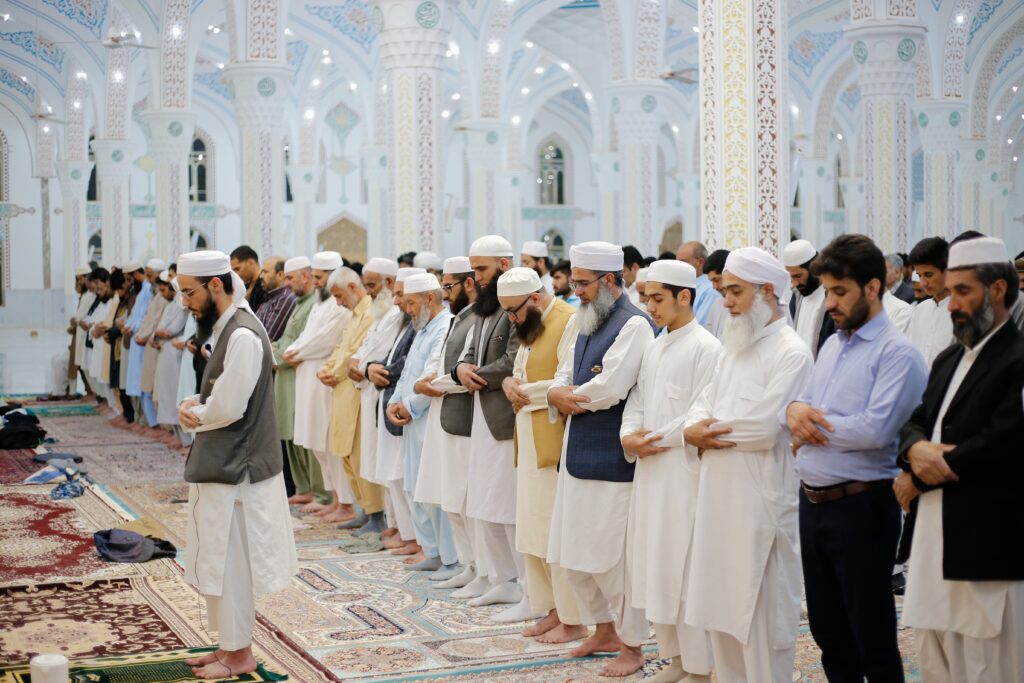Tuesday, February 11th, 2014
“Love is what turns bitter to sweet, dirt into gold, murkiness into clarity, pain into cure, prison into meadow, sickness into blessing and compulsion into mercy. It is that which softens iron, melts rock, resurrects the dead and turns slave master. All patients wish for cure from their disease except for the lovelorn, who ask for more and would like their pain and longing to be increased. No drink have I seen sweeter than this poison, and no health better than this illness. It is an illness which cures all illnesses, and those who contract it will never fall sick. It is the healthy state of the spirit, or the spirit of health. Those who live in bounty would exchange their wealth for it.” [Jalāl al-Dīn al-Rūmī]
This week all around the world people are celebrating Valentine’s Day or drowning in self-pity because they aren’t celebrating it. The stores are filled with heart-shaped chocolate boxes, and ten-dollar gifts meant to empty consumer pockets. Muslims on Facebook and in local mosques are debating and discussing the Muslim stance toward this holiday.
And everywhere we are missing the point.
Real love is love that elevates. It is not an obsession or a passing fancy. It changes the spirit for the better. It is divine love. This divine love is what we mean when we say “I love so-and-so for Allah’s sake”. This is a deep and important statement. It is the standing in the shade of Allah’s throne on the day upon which there is no shade other than His throne. It is tasting the sweetness of faith. It is living right.
Anas b. Mālik (r) tells us that the Prophet ﷺ said, “Whoever possesses these three things will find the sweetness of faith: That God and His Messenger are more beloved to him than anything other than them, that he loves someone only for the sake of God, …”
Love is a verb. In order to love someone for Allah’s sake, we must love her with taqwā. We must put our nafs aside and be empathetic. We must love her as the companions loved each other.
ʿUmar (r) loved ʿAyyāsh and gave him a listening ear, money, property and followed up with duʿāʾ and active care when ʿAyyāsh succumbed to the trial of Quraysh.
Salmān al-Fārisi (r) loved Abū al-Dardāʾ and shared his experiences, while empathetically encouraging him to ‘lighten up’.
Zaynab bnt. Jaḥsh (r) loved ʿĀʾisha (r) and responded when asked about her character, “She is purer than I,” though it would have been to her advantage to say otherwise.
To love someone for Allah – to love a person as the companions loved each other – we must do the following:
1. Put our own personal benefit aside.
2. Be willing to set aside our comfort zone.
3. Give gifts, money, property, food and time.
4. Pray for our beloved at night.
5. Stop defending ourselves and start seeing the good in others (without the qualifying “but”).
In this month of Rabīʿ al-Thānī, let us love each other for the sake of Allah (swt).
Let us work on these hearts of ours.
Let us be of those who care more for others than ourselves.
Let us be generous.
Let us pray long and hard for those we love and those we don’t love, that we may begin to love them.
Let us seek to empathize with others, deeply understanding their circumstances and feelings.
‘Love is a verb’ means we act in a way that is loving, even when we feel selfish, crabby, and spiteful.
When we learn to imitate the companions and love each other truly and deeply, we will taste the sweetness of faith and our lives will become sweeter. This sweetness will spread throughout our families and communities and our neighbors and co-workers will become curious. Love is a verb. Love.

